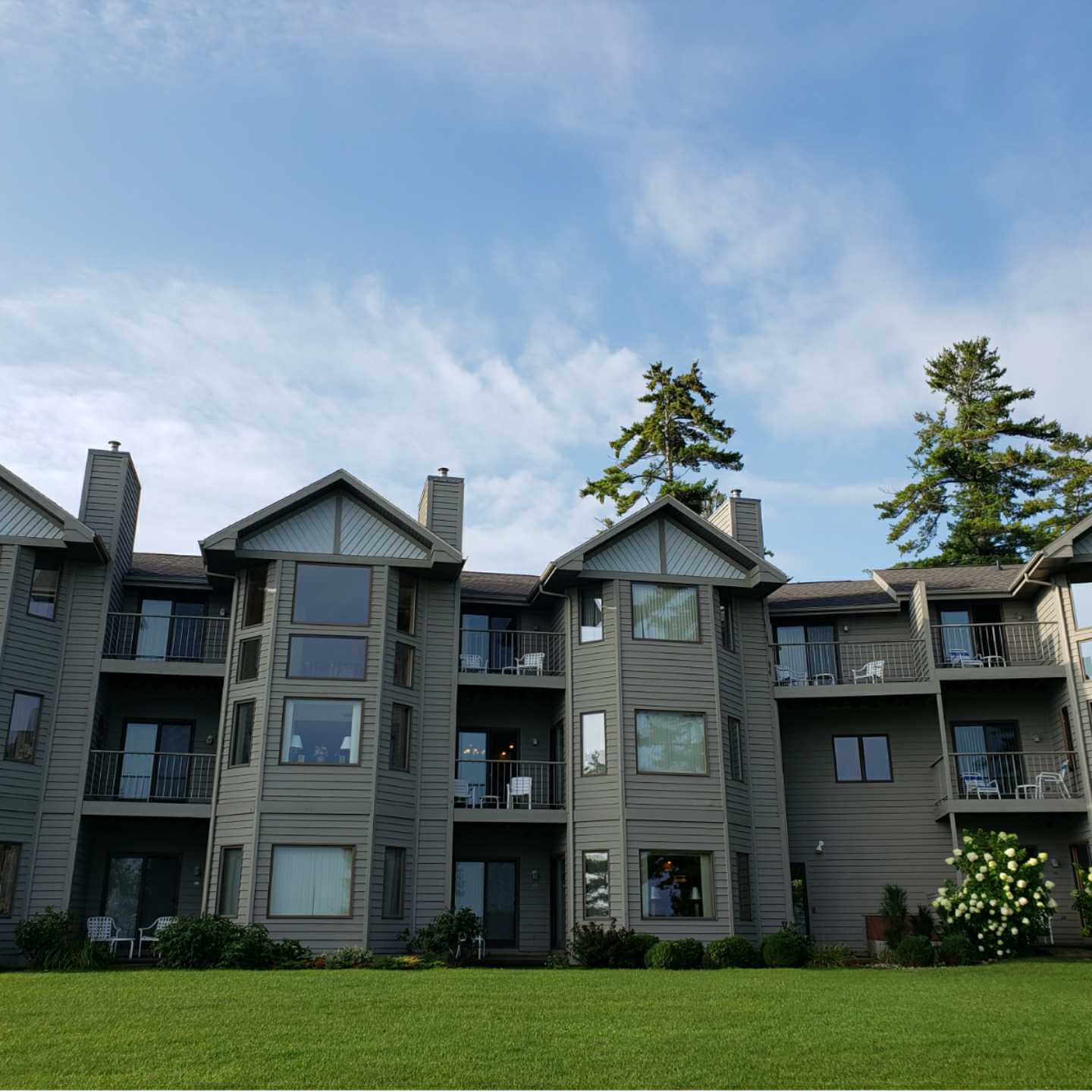If you’re in a financial position where you are considering a vacation home, it can be exciting. Maybe your family has a favorite travel destination, or you’ve come across a great deal, and you think you might be ready to dive in.
Last year according to the National Association of Realtors, around one in eight homebuyers were purchasing a second home.
There is a lot that goes into buying a vacation home in terms of finances and logistics that you need to keep in mind. Sometimes it can sound dreamy, but the reality is different than you expected it would be, and the following are five important things to consider and weigh before buying a vacation home.
How Much Is It Really Going to Cost?
You may be looking at just the cost of the property itself and thinking it’s a great deal, but that only tells a small fraction of the story.
For example, is the house close enough to drive to, or will you be flying? If it’s somewhere you have to fly to, then you may have to buy an additional car to use when you’re there, and that comes with its own set of costs beyond the purchase price, such as carrying auto insurance for a rarely driven vehicle.
If you have to fly, you also have to factor in how much those airline tickets are going to cost you every time you want to go to your second home.
You’ll need other types of insurance along with auto insurance, such as homeowners’ insurance, and if your second home is in a place where flooding or hurricanes are likely, you’ll have to add that coverage in.
Other costs that often come with a second home include utility bills, homeowners association fees, and maintenance for the lawn.
Are You Willing to Commit to One Travel Destination?
If you buy a second home in a place you love, you may be happy only to travel there but you have to ensure that’s the case. You may be very limited in where you’re able to go outside of traveling to your vacation home.
If you’re someone who likes familiar routines, this could be fine for you, but if you are someone who has the travel bug, you might want to save your money and put it toward trips around the world versus locking yourself into one destination.
Are You Going to Rent It Out?
Some people who buy a second home will use it as a source of income when they’re not there, by renting it out. It can be a good way to cover some of the costs of owning a second home, but it’s a lot of work to own and rent out a property.
First, you have to ensure you can even rent it out at all. Certain neighborhoods or condo buildings might not allow this.
You also have to think about how you would rent it out—some locations in the country don’t allow Airbnb, for example, so you may have to pay an agency to handle it for you.
You also then have to pay for additional maintenance, insurance and cleaning services.
Plus, the most demand for your rental is going to be during the high season wherever it’s located, and that’s going to cut into your ability to enjoy your home.
What Will the Taxes Be?
A vacation home is a personal residence according to the IRS if you rent it out 14 days or fewer a year. If you rent it out more than 14 days a year, it’s considered a rental property. Either way, you have to report the rental income, plus there are issues like property taxes to take into consideration.
Are You Being Realistic?
The biggest thing to think about aside from the financial considerations is if you’re being realistic about the potential value, monetary and otherwise, that a second home will bring to your life and the life of your family.
There are snowbirds that love their vacation homes, and they use them for months at a time.
However, if you have a young family and you’re working full-time, this just isn’t going to be feasible.
What can initially seem like a dream may turn into something that you rarely get time to go to, and a vacation home can quickly become a burden.
You want to make sure you have the time and willingness to use your vacation home before you make such a big purchase that’s going to impact your finances and your life in so many ways.






